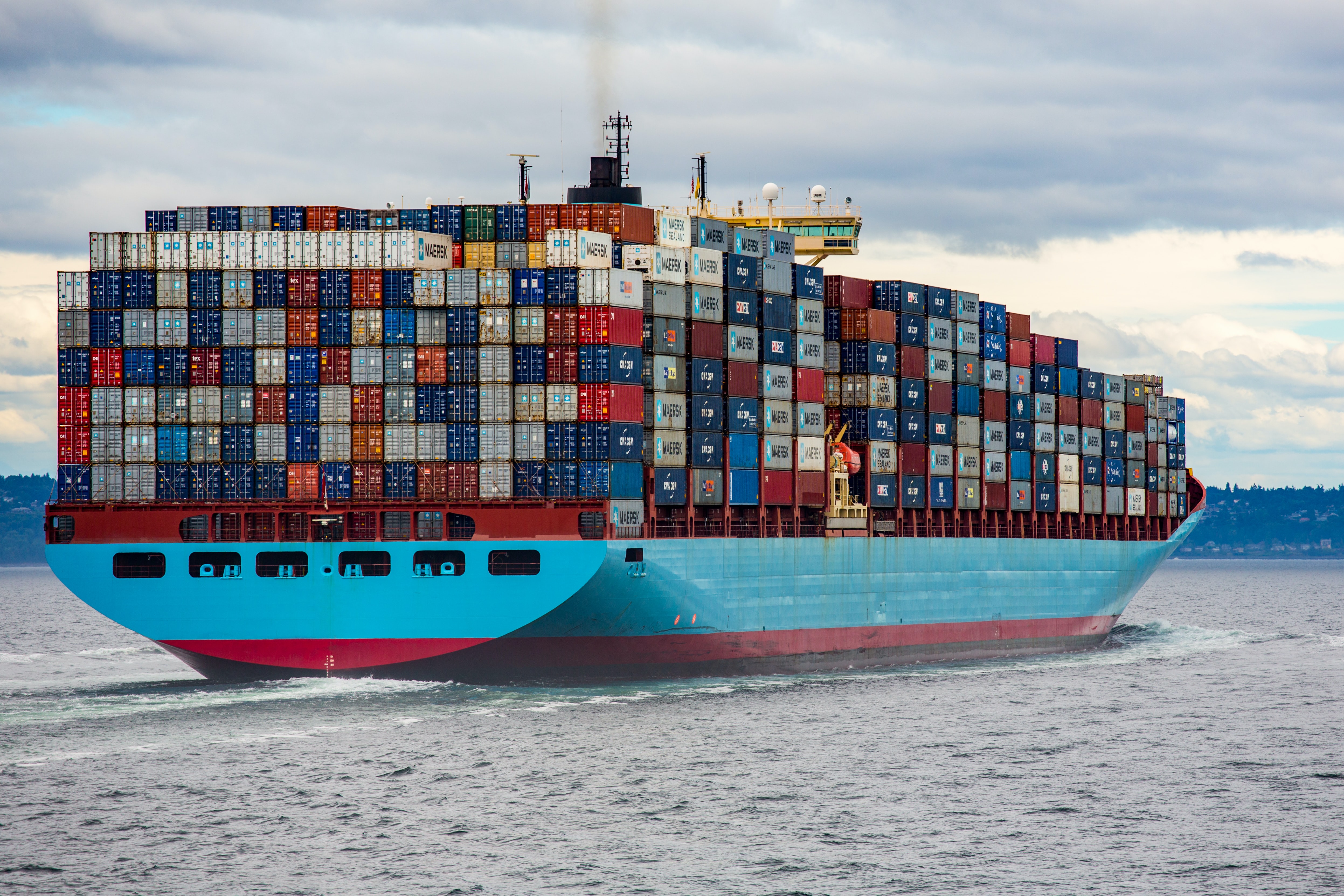Political agreement reached on new Regulation on waste shipments

date: 28/01/2024
International trade in waste is on the rise, and the EU plays a significant role in it. The Waste Shipment Regulation currently in force dates back to 2006. However since then, exports of waste from the EU to third countries have increased, notably to countries that are not members of the OECD. The lack of detailed provisions to ensure that waste is managed sustainably in the countries of destination has led to weak enforcement and environmental and public health challenges in those countries.
The new Regulation proposed by the Commission on 17 November 2021 addresses these issues. It is a key commitment of the European Green Deal, the new Circular Economy Action Plan and the Zero Pollution Action Plan and the new EU Strategy to tackle Organised Crime 2021-2025. The new rules aim not only at a stronger protection of the environment and human health; they also promote the rational use of resources through better recycling and re-use of wastes and thus bring about more environmental and also economic benefits.
Following the political agreement, the new rules on waste shipments will provide:
- Export of plastic waste from the EU to non-OECD countries will be prohibited. Only if strict environmental conditions are met, individual countries may receive such waste five years after the entry into force of the new rules. In the light of the global problems of soaring amounts of plastic waste and the challenges to its sustainable management, with this measure the EU legislators aim to prevent environmental degradation and pollution in third countries caused by plastic waste generated in the EU.
- Other waste suitable for recycling will be exported from the EU to non-OECD countries only when they ensure that they can deal with it in a sustainable manner.
- At the same time, it will be easier to ship waste for recycling within the EU thanks to modern digitalised procedures. The circulation of waste for recycling and re-use between Member States is key for the EU's transition to a circular economy and the security of supply of raw materials. The EU will modernise the current procedures for shipping waste making them more digital.
- There will also be stronger enforcement and cooperation in fighting waste trafficking. The new law will complement the new Environmental Crime Directive, for which a political agreement was also reached on 16 November 2023. To step up the EU response against waste trafficking, there will be stronger cooperation between EU Member States and more deterrent sanctions taken against criminals involved in illicit waste trade. The Commission will be able to act on the ground to support investigations by Member States on transnational crime linked to waste trafficking, with the direct involvement of the EU Anti-Fraud Office (OLAF) on these issues.
- The Commission will also monitor waste exports to OECD countries and take action if such exports create environmental problems in the country of destination. In addition, all EU companies that export waste outside the EU will have to ensure that the facilities receiving their waste are subject to an independent audit showing that they are managing this waste in an environmentally sound manner.
The European Parliament and the Council will now have to formally adopt the regulation in line with the political agreement reached. Once formally adopted, the regulation will enter into force on the 20th day following its publication in the Official Journal.
More information:
